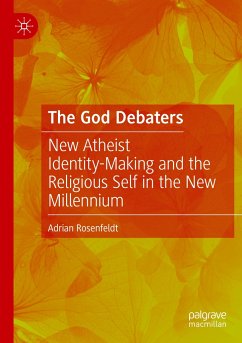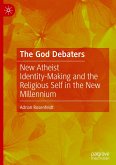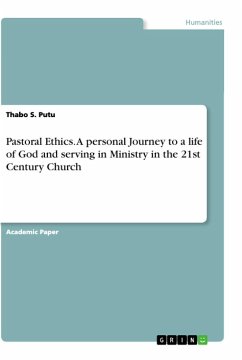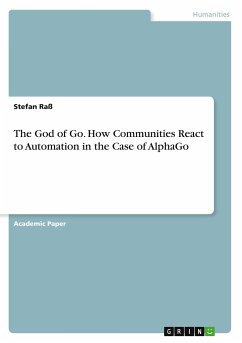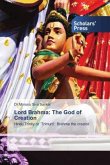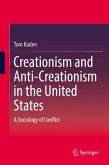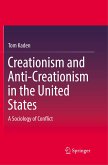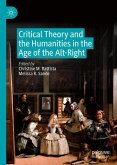This book examines the post-9/11 God debate in the West. Through a close study of prominent English God debaters Richard Dawkins, Karen Armstrong, Christopher Hitchens, and Terry Eagleton, Adrian Rosenfeldt demonstrates that New Atheist and religious apologist ideas and arguments about God, science, and identity are driven by mythic autobiographical narratives and Protestant or Catholic cultural heritage. This study is informed by criticism of the New Atheist polemic as being positivistic, and the religious apologists as propagating "sophisticated theology." In both cases, the God debaters are perceived as disassociating themselves from human lived experience. It is through reconnecting the God debaters' intellectual ideas to their cultural and social background that the God debate can be grounded in a recognisable human reality that eludes reductive distinctions and disembodied abstractions.

